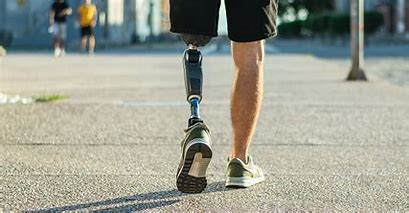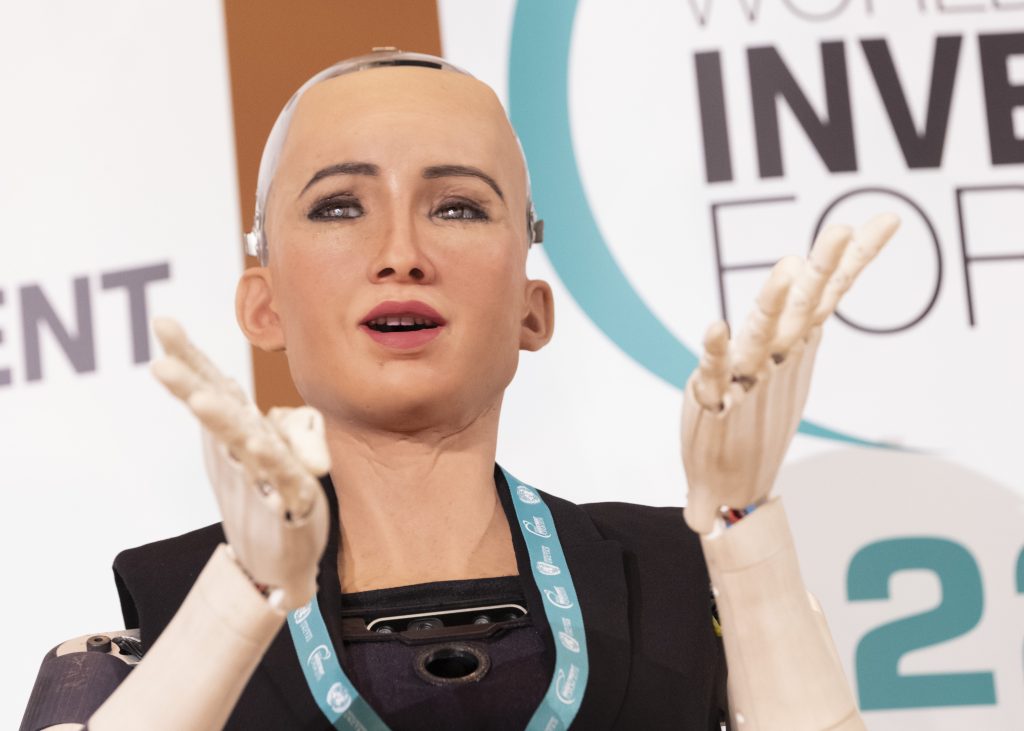For decades the idea of human augmentation has been a large part of the science fiction genre, but over these last couple of years, we’ve begun closing in on the idea becoming reality. There have been plenty of advances in biotechnology, artificial intelligence, and nanotechnology which are the keys we once saw as fictional to achieving augmentation. These developments are reshaping our understanding of what it means to be human, adding questions to how we will end up in the future. Some of those include how we will evolve with the enhancements, what would we even enhance, and what adaptations would we deem acceptable or not.
In the future, we may see very profound developments in human enhancement. Just as of recently the innovations of neural interfaces, advanced prosthetics, and genetic engineering have started making headlines. These ideas were something we only saw in fiction and now it’s becoming a natural part of our society with plenty of room subject for growth. One recent example that has a lot of growing traction is Elon Musk’s Neuralink. This device grants the user the ability to control devices with the mind, enhance brain functionality, and even connect minds themselves.
Within my lifetime, I can see human augmentation getting to the point where cognitive, sensory, physical, and life lengthening enhancements. I feel that we are already so focused on these specific ideas that it’s only a matter of time before they become reality, especially given an additional 5+ decades.
Now with that being said the type of enhancements that I would be open to would be health improving and sensory improving only. I don’t really like the idea of my mind being implanted with a chip even though being able to control tech with my mind sounds cool. What I’d be looking for are things designed to keep my body healthy and most specifically something to enhance my eyesight, but beyond that, I can’t see me letting anything else slide unless deemed needed to save my life or something. I’d 100% draw the line at bodily modifications that change the human experience for me or as we talk about in cyberpunk, blur the lines between human and machine.
As we are entering a new era full of augmentation, I do believe that humanity has a bright future ahead of it. We will have to be aware of how far we go with it though as we would not want to lose our humanity in the process.








